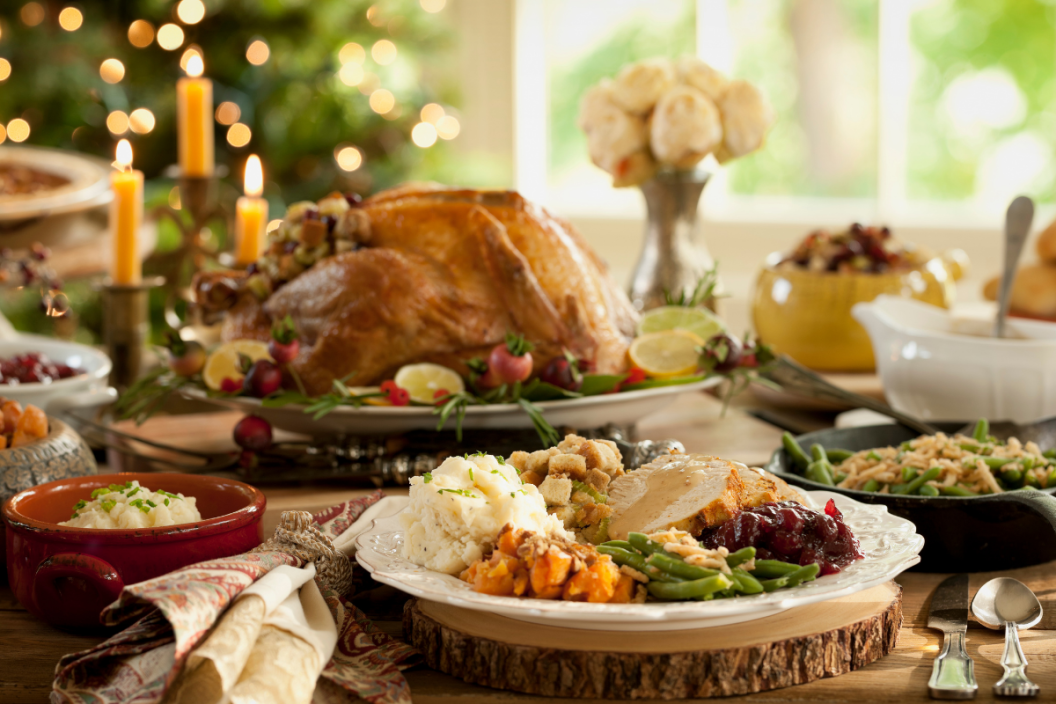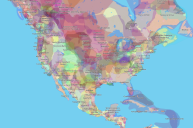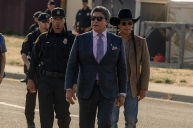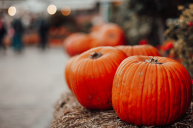Most of us grow up learning about Thanksgiving as a day of gratitude, celebrating when the pilgrims came to America and feasted with the Indigenous people. In school, we made paper pilgrim hats and turkeys with our hands, and at home we helped our parents mash the potatoes and set the dinner table. However, there's a darker side of this national holiday that Americans are becoming aware of. Here's how to decolonize Thanksgiving to honor those who for whom this is a national day of mourning, rather than a time for thanks.
Videos by Wide Open Country
Most Americans are taught that the Pilgrims invited the American Indians to their table, to enjoy the harvest together after the difficult year of settling in America. The first Thanksgiving dinner is portrayed as a time of unity, gratitude, and sharing between these groups.
What Does Thanksgiving Mean to Native Americans?
However, Thanksgiving isn't actually about the sharing of turkeys, cranberry sauce, and pies. This holiday's past is a brutal one, involving the genocide and oppression of the Native communities who lived on this land before the European colonizers arrived.
By the time Thanksgiving was first celebrated, the Wampanoag peoples had already been demolished by diseases brought by the Europeans. Indigenous peoples had already been murdered and sold as slaves, and the Pilgrims were already taking their land piece by piece.
Because of this, Thanksgiving isn't a celebratory day for Indigenous peoples of America. Rather than celebrate the holiday, they mourn and remember their ancestors who were killed and oppressed by the European settlers. The month of November is not only when Thanksgiving happens, it's also Native American heritage month, and it's up to us to honor this as well as our Thanksgiving traditions.
How Do You Decolonize Thanksgiving?
To "decolonize Thanksgiving" is to decenter the narrative we were taught, the one that romanticizes Indigenous beliefs, portrays the settlers as heroes, and ignores the immense damage they did to Native Peoples. So, rather than going with the story written by those in power, we can educate ourselves about the true history of the holiday and honor those who were oppressed.
Here are 6 ways to decolonize Thanksgiving and honor the true origins of this holiday:
1. Tell The Real History Of Thanksgiving
The first step is to combat erasure, which is when the story and experiences of Native Americans is erased from history. American history books make no mention of the atrocities that the pilgrims committed against these peoples, so it's up to us to educate ourselves on what really happened. Along with giving thanks and celebrating time with your loved ones, learn about the past of this holiday. Here's an article to start with.
2. Eat Foods Indigenous To North America
Native Americans only ate food indigenous to the land they were on. When the settlers came, they changed this, bringing foods from Europe and eventually industrializing agriculture. This has had a negative effect on the planet and on our health, along with further damaging Indigenous communities. This article explains how. Another way to decolonize Thanksgiving is to eat locally sourced foods, that were grown by farmers in your community. Farmers markets are a great place to find these.
3. Include New Voices
One reason that it's so hard to address oppression and promote racial justice is that we naturally surround ourselves with people with similar backgrounds to our own. Widen your circle and hear new voices by asking someone outside your typical group of friends and family what Thanksgiving means to them.
4. Learn What Land You're On
https://www.instagram.com/p/CIDx5Qsj-YM/
We grow up with the belief that we own the land we live on. However, a large part of history that isn't acknowledged is that Native Americans lived on this land first, and settlers took it from them, forcing them onto designated reservations. One way to acknowledge the fact that we live on stolen land is to learn which Native American tribe lived on your land before you did. This map will show you whose land you're on.
5. Hear A Native American Perspective
The best way to educate yourself is by hearing from individuals from the community. For short videos, watch Teen Vogue's Native American Girls Describe the REAL History Behind Thanksgiving, or We Still Live Here: Black Indians of Wampanoag and African Heritage. Here's a list of Native American podcasts if that's more your style. You can also have a documentary night, watching one of these documentaries to learn more about the history and culture of Native American peoples.
6. Support Native Americans
Another way to decolonize Thanksgiving is to support Native Americans. There are many ways to do this, and some take as little as five minutes. Buy from Native-owned stores, or donate to one of these charities that give back to Native communities.
If you don't feel that this fits with your budget, you can sign one of the many petitions that fight for Native American rights, or reach out to your senator to advocate. This website shows how to do it! If you have little ones, consider buying one of these children's books by Native writers as an easy, accessible way to begin teaching them about this unspoken history.




